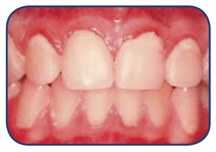Teeth Whitening
Philips Zoom and take-home Kits
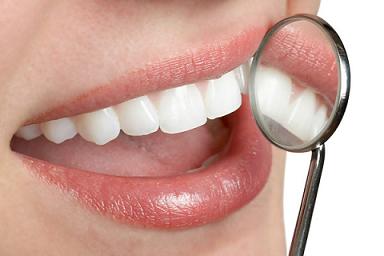
Fast results and cost-effective. Its time to brighten your smile. Freshen up with our half price in-chair now! $650 Only.
Visit The Zoom Whitening Page For More InfoGeneral Dentistry
Adults, Children and Seniors

Dental Check-ups and Clean with fluoride, X-rays Panoramic and Bitwings. We can help you keep your natural teeth for as long as possible.
Visit General Dentistry Page For More InfoSedation Dentistry
Sleep Dentistry
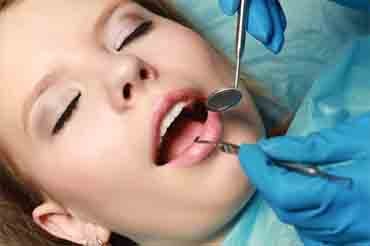
Pain-free dentisty is indicated for anyone who wants to be at ease and relaxed during any dental treatment.
Visit Sedation Dentistry Page For More InfoCosmetic Dentistry
Smile makeovers and Orthodontics

Have the smile of your dreams and improve confidence, self-esteem & social success.
Visit Cosmetic Dentistry Page For More InfoDental Implants
Single, full and All-ON-4 Implants
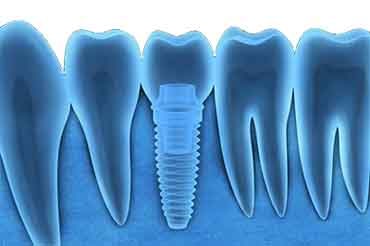
Recommended to missing teeth or dentures. Single, multiple or all. You can eat and drink that it feels like your natural teeth.
Visit The Dental Implants Page For More InfoLaser Dentistry
SIROLASE
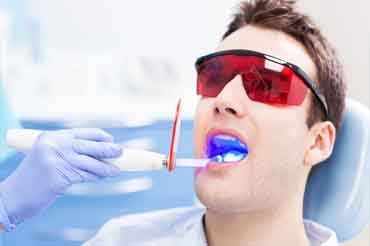
We use light instead of drills to treat several dental conditions. Effective to correct "gummy" smiles and periodontal diseases speeding up healing with reduced trauma.
Visit The Laser Dentistry Page For More InfoRestorations
fillings and same-day crowns
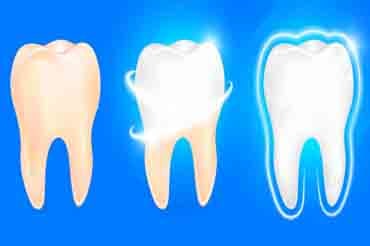
Fix chipped or knocked out tooth, improper bite correction and replace tooth decay metal fillings with resin or porcelain.
Visit The Restorations Page For More InfoDiabetes & Dental Health - Dental Care Glebe
Dentist in Glebe, Dental Care Glebe, General Dentistry, Cosmetic Dentistry, Dental Implants, Sedation Dentistry, Laser Dentistry & Dental Restorations

Diabetes & Dental Health - Dental Care Glebe
Dental Service You Can Trust
Diabetes and Dental Health
Did you know that diabetes can contribute to tooth loss?
If you are an adult with type 1 or type 2 diabetes and your blood sugar control is sometimes not as good as your doctor or nurse wants it to be, you can lose some or all of your teeth from a serious type of gum infection called periodontal disease. Diabetes may lower your ability to fight the germs that cause periodontal (gum) disease.
What is periodontal disease and why does it have to be diagnosed and treated?
Periodontal or gum disease is a serious gum infection that can lead to tooth loss and might prevent you from achieving the nutritional goals set by your doctor or diabetes educator. If not detected by a dentist or hygienist or if left untreated, periodontal disease can cause an infection that destroys the bone supporting your teeth. As the gum disease progresses, symptoms might include tooth loosening or shifting, bad breath, or bleeding gums. Periodontal disease can worsen blood glucose control and vice versa.
If your blood glucose is high or fluctuates, you are at risk of developing severe periodontal disease.
What are the symptoms of periodontal disease?
The symptoms of diabetes-related periodontal disease may include:
- Red and swollen gums
- Gums that bleed are not healthy, even if your gums bleed only when you brush too hard. ANY sign of bleeding is not normal.
- White or yellow pus around gums
- Teeth that are longer and gums that have pulled away from the teeth
How do I know if I have periodontal disease? What are the risk factors?
Please answer “yes” or “no” to the following questions to determine your risk of periodontal disease:
- Have you ever noticed blood (red) on your toothbrush, on your food, or in your saliva?
- Do you have any loose teeth or teeth that have shifted on their own?
- Have you ever been told you had gum disease or had a tooth pulled because of gum disease?
- Do you use any tobacco products?
- Has it been over two years since you last saw a dentist?
- Is your haemoglobin A1c level greater than 7.0?
One or more responses of “yes” warrants a dental examination for periodontal disease. With proper oral hygiene and regular dental visits, periodontal disease is preventable. So, visit your dentist and dental hygienist regularly to help prevent periodontal disease!
What are the treatment options for periodontal disease?
Your dentist may suggest the following treatments depending on the stage of periodontal disease and the extent of damage caused:
- Removal of plaque: In the initial stages, your dentist or periodontist may perform deep cleaning to remove plaque and damaged tissue under the gums, and level out the damaged root surface. With this, the gums can reattach to the teeth. You are advised to maintain the health of your gums with regular brushing and flossing, A special mouthwash or antibiotic may be prescribed to prevent further infection.
- Surgery: Periodontal surgery is suggested in case of severe periodontal disease, where the tooth-supporting tissues are destroyed. The infected area under the gums are cleaned out, and the tissues are reshaped or replaced.
How will my treatment for periodontal disease be affected if I have diabetes?
Please keep the following in mind before undergoing treatment for periodontal disease:
- Keep your diabetes in control and let your dentist know the status of your blood sugar levels at each visit.
- Speak to your doctor before undergoing treatment for periodontal disease, and let your doctor discuss your overall medical condition with the dentist or periodontist.
- You will be advised on any change in your food schedule and the dosage and timing of insulin intake before surgery.
- Schedule your dental procedures only when your blood sugar is in control. However, serious infections, such as abscesses, require immediate attention.
- Post-procedure healing may take longer since you are diabetic, but the dentist will ensure good medical and dental care, and avoid complications post surgery.

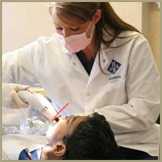
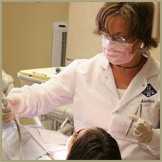
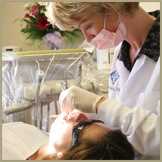
Dental Care Glebe is located at 239 Glebe Point Road, Glebe NSW 2037
Hours of operation are:
Monday through Friday 8:00AM – 5:00PM
Saturday 8:00AM – 12:00PM
TEL: (02) 9566 2030
Contact Dental Care - Glebe For More Information



